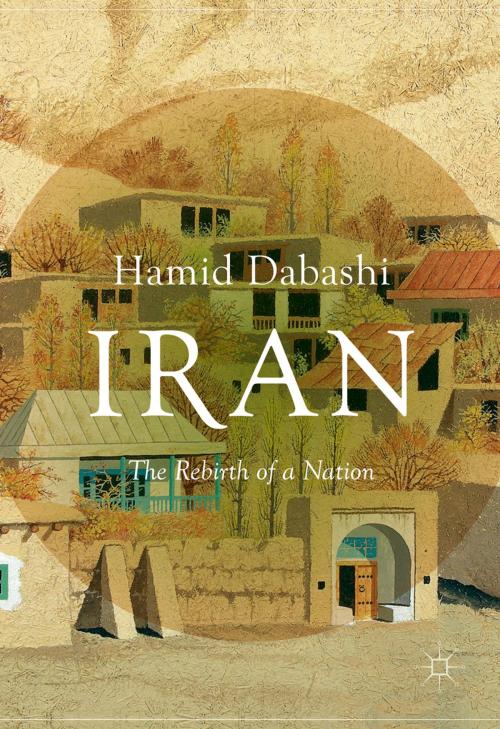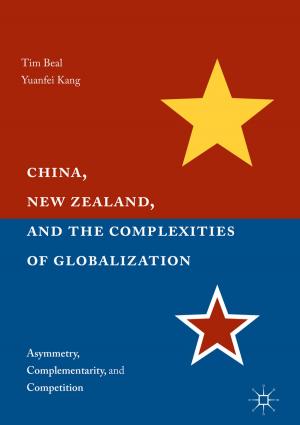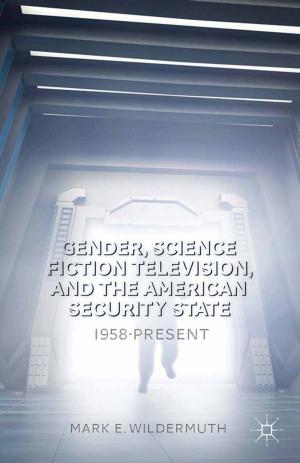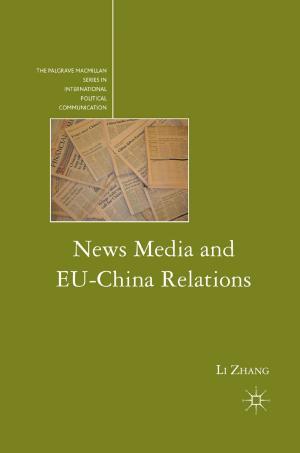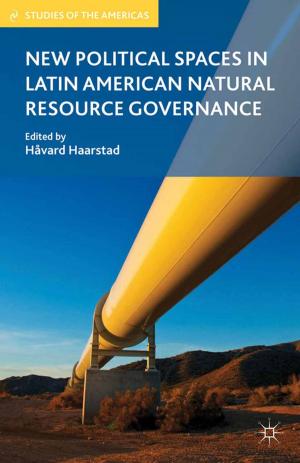Iran
The Rebirth of a Nation
Nonfiction, Social & Cultural Studies, Political Science, International, International Relations| Author: | Hamid Dabashi | ISBN: | 9781137587756 |
| Publisher: | Palgrave Macmillan US | Publication: | October 5, 2016 |
| Imprint: | Palgrave Macmillan | Language: | English |
| Author: | Hamid Dabashi |
| ISBN: | 9781137587756 |
| Publisher: | Palgrave Macmillan US |
| Publication: | October 5, 2016 |
| Imprint: | Palgrave Macmillan |
| Language: | English |
In this unprecedented book, Hamid Dabashi provides a provocative account of Iran in its current resurrection as a mighty regional power. Through a careful study of contemporary Iranian history in its political, literary, and artistic dimensions, Dabashi decouples the idea of Iran from its colonial linkage to the cliché notion of “the nation-state,” and then demonstrates how an “aesthetic intuition of transcendence” has enabled it to be re-conceived as a powerful nation. This rebirth has allowed for repressed political and cultural forces to surface, redefining the nation’s future beyond its fictive postcolonial borders and autonomous from the state apparatus that wishes but fails to rule it. Iran’s sovereignty, Dabashi argues, is inaugurated through an active and open-ended self-awareness of the nation’s history and recent political and aesthetic instantiations, as it has been sustained by successive waves of revolutionary prose, poetry, and visual and performing arts performed categorically against the censorial will of the state.
In this unprecedented book, Hamid Dabashi provides a provocative account of Iran in its current resurrection as a mighty regional power. Through a careful study of contemporary Iranian history in its political, literary, and artistic dimensions, Dabashi decouples the idea of Iran from its colonial linkage to the cliché notion of “the nation-state,” and then demonstrates how an “aesthetic intuition of transcendence” has enabled it to be re-conceived as a powerful nation. This rebirth has allowed for repressed political and cultural forces to surface, redefining the nation’s future beyond its fictive postcolonial borders and autonomous from the state apparatus that wishes but fails to rule it. Iran’s sovereignty, Dabashi argues, is inaugurated through an active and open-ended self-awareness of the nation’s history and recent political and aesthetic instantiations, as it has been sustained by successive waves of revolutionary prose, poetry, and visual and performing arts performed categorically against the censorial will of the state.
